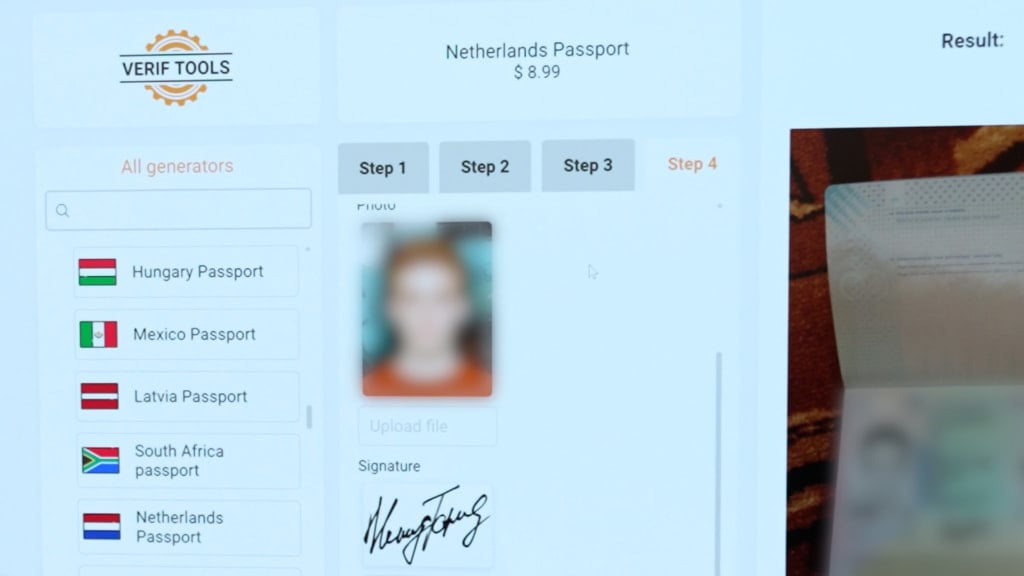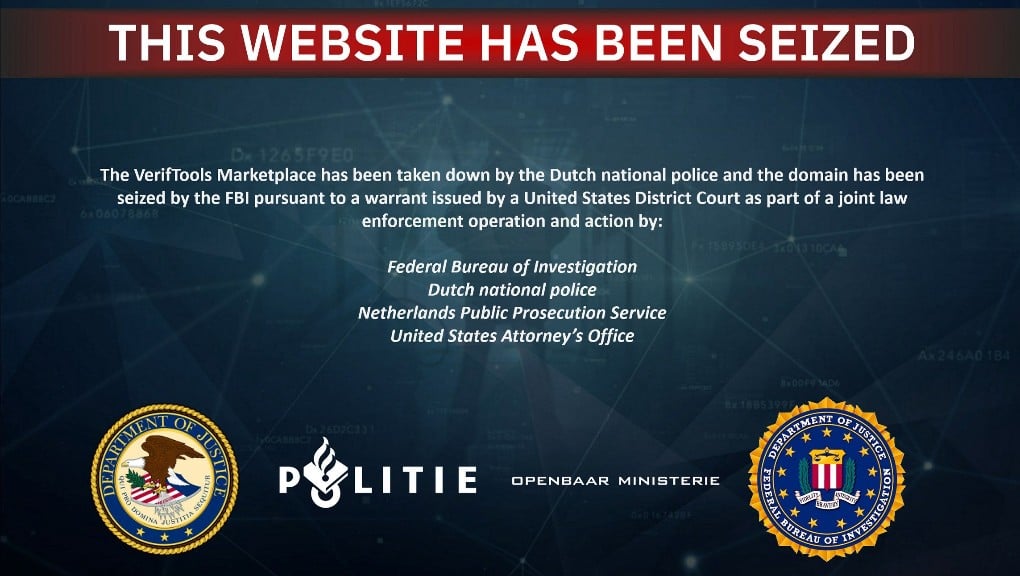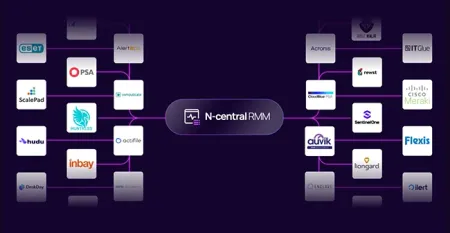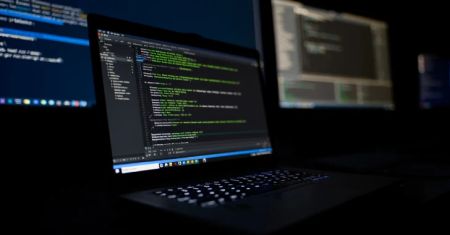Police seize VerifTools fake ID marketplace servers, domains

The FBI and the Dutch Police have shut down the VerifTools marketplace for fraudulent identity documents after seizing servers in Amsterdam that hosted the online operation.
VerifTools was a prominent platform that produced and intermediated the purchase of fake documents (e.g. driver's licenses, passports) that were used to bypass various identity verification systems or to assume an identity, either stolen or fabricated.
The police note that such sites are used in bank fraud, phishing, helpdesk scams, fraudulent acquisition of state benefits, evading prosecution, and retaining anonymity on platforms that adhere to ‘Know Your Customer’ (KYC) regulations.
Such platforms are also used by younger people who want to bypass age-related restrictions.

Several agencies from multiple countries (the EICD, Rotterdam Cybercrime team, the FBI, the Welsh police) were conducting investigations of identity fraud cases that led to the VerfiTools platform.
The FBI started an investigation in August 2022 after learning of "a conspiracy to use stolen identity information to access cryptocurrency accounts," the U.S. Attorney's Office, District of New Mexico, says in a press release today.
"The investigation revealed that VerifTools offered counterfeit identification documents for all 50 U.S. states and multiple foreign countries for as little as nine dollars, payable in cryptocurrency."
According to the Dutch Police, VerfiTools had an estimated revenue of at least €1.3 million. However, the FBI has connected to the VerifTools marketplace around $6.4 million in illegal proceeds.
The law enforcement operation was carried out with the support of the FBI, which took the platform offline and posted a seizure banner on its main domain, veriftools.net.
The Dutch police say that getting a fake document was as easy as uploading a photo and typing in the false information. VerifTools then used the data to generate an image of a fake ID.

During the law enforcement operation, two physical servers and 21 virtual servers were seized.
The platform’s administrators have not been identified, but authorities hope that examining the confiscated data will produce results that would lead to arrests.
“The entire infrastructure of the website hosted on the servers has been secured and copied,” reads Politie’s announcement.
“This data is now under investigation. The Public Prosecution Service does not rule out future arrests.”
If any arrests follow in the future, individuals who used false identification or counterfeit payment face charges that carry a maximum prison sentence of six years in the Netherlands.






